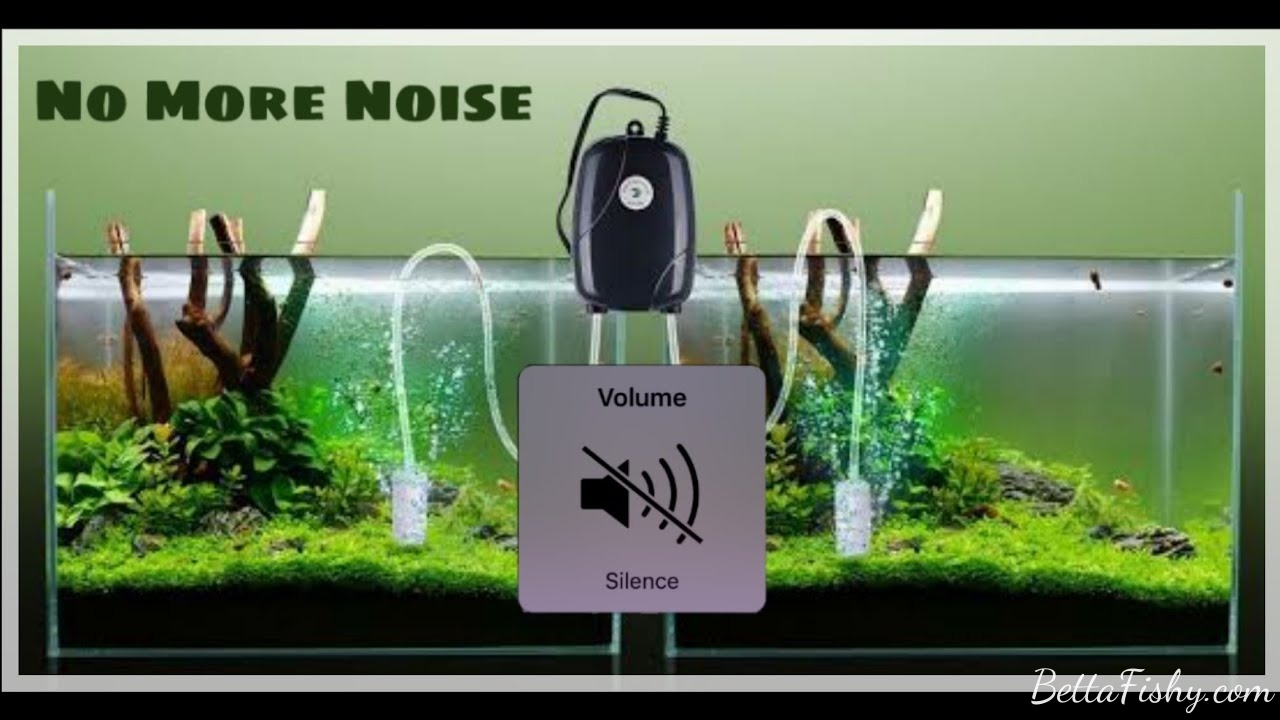Betta fish, with their vibrant colors and flowing fins, are captivating creatures that grace many aquariums. While their beauty is undeniable, their sensory world remains somewhat of a mystery. One question that arises frequently is: can betta fish hear music? The answer is not as simple as a yes or no. While they may not appreciate Mozart or Beethoven in the same way humans do, betta fish have a complex auditory system that allows them to detect and respond to a variety of sounds within their environment.
II. Unveiling the Hearing Mechanism: Exploring the Anatomy of Betta Ears

To understand how betta fish hear, we must delve into the fascinating world of their internal ear structure. Unlike humans, who have three tiny bones in the middle ear to transmit vibrations, betta fish rely on a different mechanism. Their inner ear contains specialized organs called otoliths and neuromasts, which are embedded in a gelatinous substance. When sound waves hit these organs, they vibrate, sending signals to the brain via the auditory nerve. This allows the fish to perceive sound.
Otoliths and Neuromasts
Otoliths are small, calcium carbonate structures located in the inner ear of betta fish. They act as tiny weights that help the fish maintain balance and orientation in the water. These structures also play a crucial role in hearing, as they vibrate in response to sound waves and send signals to the brain.
Neuromasts, on the other hand, are sensory cells found in the lateral line system of betta fish. This system runs along the sides of their body and is responsible for detecting changes in water pressure and movement. Neuromasts are also sensitive to sound vibrations, making them an essential part of the betta fish’s auditory system.

How Sound is Transmitted in Betta Fish
In humans, sound waves travel through the air and are picked up by the eardrum, which then transmits them to the inner ear. In betta fish, however, sound waves travel through water, which is a much denser medium than air. This means that sound travels faster and farther in water, making it an ideal method of communication for aquatic animals.
When sound waves reach a betta fish’s otoliths and neuromasts, they cause these structures to vibrate. The vibrations are then transmitted to the brain via the auditory nerve, where they are interpreted as sound. This process allows betta fish to detect and respond to a wide range of sounds within their environment.

III. Decoding the Soundscape: What Can Betta Fish Hear?
The range of sounds that betta fish can detect is impressive. They are sensitive to low-frequency vibrations ranging from 50 to 5,000 Hz, including sounds produced by other fish, water filters, and even human voices. Their sensitivity is particularly acute in the lower frequencies, allowing them to detect prey movement and potential threats.
Communication Sounds
Betta fish use sound as a means of communication with other fish. These sounds are produced by vibrating their swim bladder, a gas-filled organ that helps them regulate buoyancy.
Female bettas also produce sounds, but they are not as loud or frequent as those of males. They use soft clicking noises to communicate with their offspring and other females in their territory.

Environmental Sounds
Aside from communication sounds, betta fish are also sensitive to environmental sounds. They can detect changes in water flow and pressure, which can alert them to potential dangers or opportunities for food. They can also hear the sound of their tank filter, which may cause stress if it is too loud or disruptive.

Human Voices and Music
While betta fish can hear human voices, they do not understand or respond to them in the same way we do. Their brains are not wired to process human language, so talking to your betta fish may not have any significant impact on them.
As for music, betta fish may be able to detect the vibrations and low-frequency sounds, but it is unlikely that they will appreciate it as humans do. In fact, loud or constant exposure to music may cause stress and discomfort for betta fish, as it disrupts their natural environment.

IV. How Hearing Influences Betta Behavior
Hearing plays a crucial role in the behavior and survival of betta fish. It allows them to communicate with other fish, navigate their environment, and detect potential threats. Here are some ways in which betta fish use their hearing for various purposes:
Communication and Social Interactions
Betta fish use sound as a means of communication with other fish, particularly during breeding and territorial displays. Male bettas produce loud grunting noises to attract females and establish dominance, while females use softer clicking sounds to communicate with their offspring and other females in their territory.
Hunting and Foraging
Betta fish rely on their hearing to detect prey movement and locate food sources. Their sensitivity to low-frequency vibrations allows them to pick up on even the slightest movements in the water, making them efficient hunters.
Avoiding Predators
In the wild, betta fish face many predators, including larger fish, birds, and insects. Their ability to hear environmental sounds helps them detect potential threats and take evasive action to avoid becoming prey.

V. Factors Affecting Betta Hearing
While betta fish have a remarkable auditory system, there are some limitations and challenges that can affect their hearing abilities. These include:
Water Quality
Poor water quality can have a significant impact on a betta fish’s hearing. High levels of ammonia, nitrites, and nitrates can damage their sensory cells and impair their ability to detect sound.
Tank Size and Shape
The size and shape of a betta fish’s tank can also affect their hearing. In smaller tanks, sound waves may bounce off the walls, creating a distorted and confusing soundscape for the fish. A long, narrow tank may also cause sound to travel differently, making it more challenging for betta fish to locate the source of the sound.
Loud Noises
Loud or constant noises in the environment, such as music or loud conversations, can cause stress and discomfort for betta fish. This can lead to changes in behavior and even health issues if not addressed.

VI. Amplifying Wellbeing: Enriching the Betta’s Sensory World
As responsible pet owners, it is our duty to provide the best possible environment for our betta fish. Here are some tips for optimizing the environment for your betta’s hearing and overall well-being:
Maintain Good Water Quality
Regular water changes and proper filtration are essential for maintaining good water quality in your betta fish’s tank. This will help prevent any damage to their sensory cells and ensure that they can hear and communicate effectively.
Choose the Right Tank Size and Shape

When selecting a tank for your betta fish, consider the size and shape carefully. A tank that is too small or has an unusual shape may distort sound and make it difficult for your betta to navigate their environment.
Avoid Loud Noises
Try to keep the noise level in your betta fish’s environment to a minimum. Avoid playing loud music or having loud conversations near their tank. If you must have background noise, opt for soothing and calming sounds like running water or nature sounds.
Provide Hiding Places
Betta fish can become stressed if they feel exposed or vulnerable. Providing hiding places, such as plants or decorations, can help them feel more secure and reduce stress levels.

VII.A Symphony of Understanding
In conclusion, betta fish have a complex auditory system that allows them to detect and respond to a wide range of sounds within their environment. While they may not appreciate music in the same way humans do, their hearing plays a crucial role in their behavior and survival. As pet owners, it is our responsibility to provide an optimal environment for our betta fish’s hearing and overall well-being. By understanding their unique anatomy and needs, we can ensure that these beautiful creatures thrive in their underwater world.

